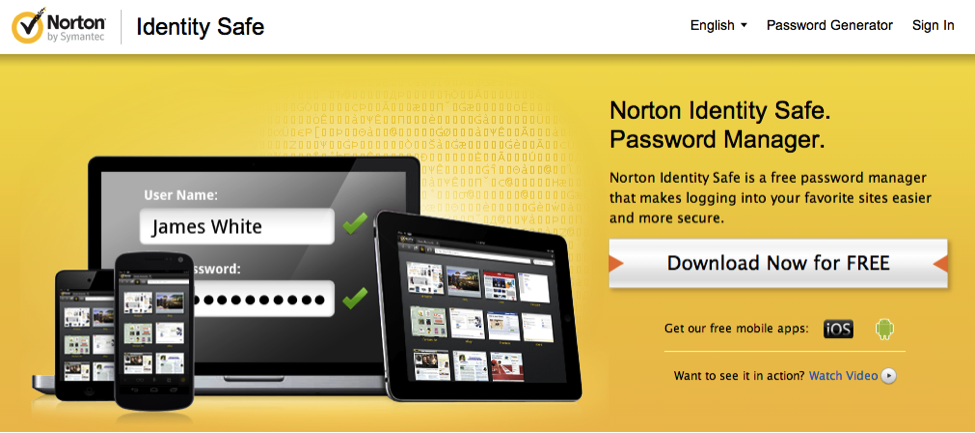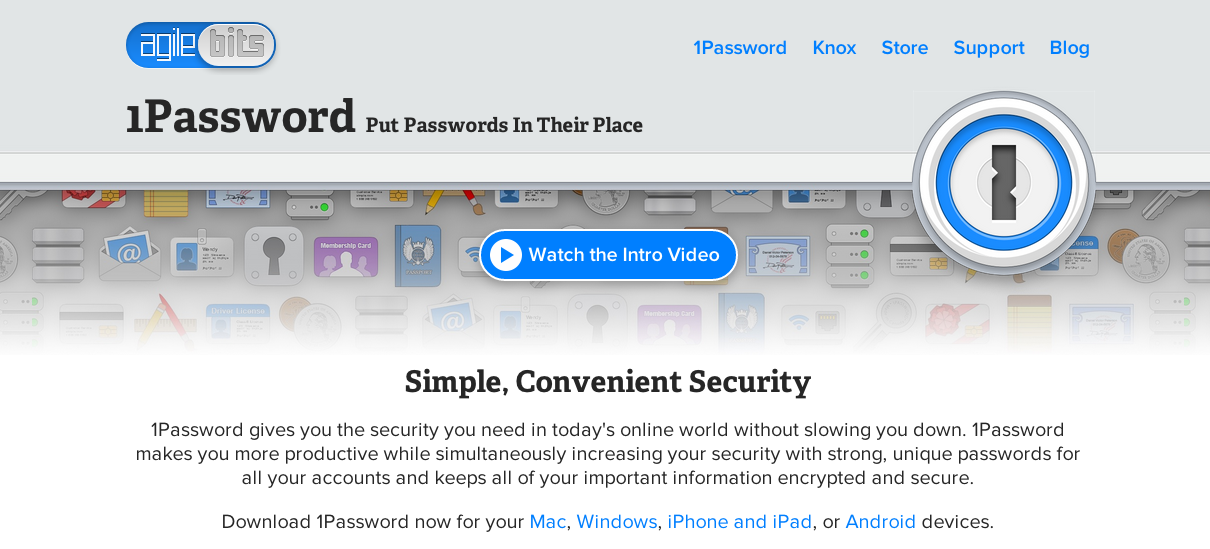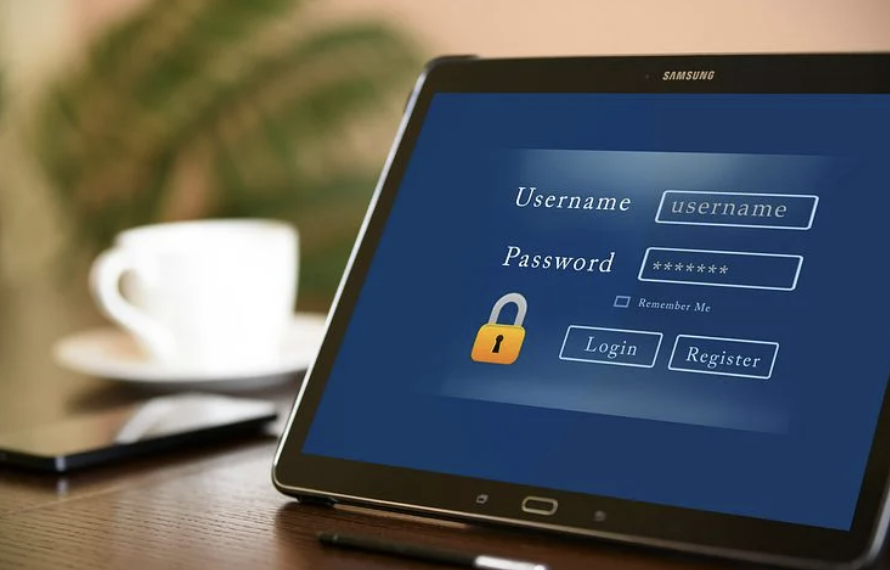The big news in the online world today is that over one billion passwords were stolen.
It seems like every month there is a new report of something getting hacked, or robots and hackers getting their hands on vital information.
We live so much of our lives in the online world today that going forward, identity theft and information theft will be just another part of life. But that doesn’t mean it’s not important to protect yourself.
Passwords are the key to everything you do online. And protecting them is the most important aspect of your identity today because a password can unlock information someone would need to take your identity.
Here are a couple tools and a few tips for managing your online passwords.
1. Norton Identity Safe

Norton is a trusted name in online security. People have had Norton protect their computers against viruses since the early days of personal computers. And the company has worked in the corporate world as well.
Having a trusted brand on your side is important for something as critical as your identity. Norton is a great company and their password tool can be used for creating strong passwords, remembering passwords, and for keeping your passwords safe.
Visit: Norton Identity Safe
2. 1Password

Another extremely popular and reliable password manager is 1Password.
1Password will cost you $50 for one license, $70 for both a Mac and a Windows version, and $70 for a “family license” for up to five people. This can be money well spent if it saves you from being hacked or having your identity stolen.
Visit: 1Password
Final Tips
With more aspects of our lives going online it’s critical to protect your identity. That means protecting your passwords and we have a few final tips for you:
- Use different passwords on every website and app
- Use sites and apps that have multiple levels of security (passwords, security questions, etc.)
- Create strong passwords with a tool like Strong Password Generator
- Change your passwords regularly; every three to six months
- If you do write your passwords down, keep them in a safe place … like a safe
- Always make sure the link you click on in an email, even an official-looking email, is on the URL that you want, and be wary of entering your password after clicking a link in an email
Consider all the information you have online and how people could use that to steal your identity. Take the action now to protect yourself as best you can.
Image: Pixabay

